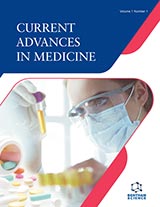Abstract
Capsaicin is an active ingredient of chili peppers. Although traditionally associated with chemopreventive and anti-carcinogenic activity, recent studies have shown that capsaicin has profound anti-neoplastic effects in several types of human cancer cells. The biological activity of capsaicin is mediated by the transient receptor potential vanilloid [TRPV] superfamily of ion channel receptors. Specifically, capsaicin is an agonist of the TRPV1 receptor. The growth-inhibitory properties of capsaicin have been found to be mediated by TRPV1-dependent and independent mechanisms. Experiments in multiple animal models have demonstrated that the anti-cancer activity of capsaicin is not associated with any discomfort or toxicity. The present review summarizes the current knowledge on the growth-inhibitory activity of capsaicin and discusses the signaling pathways underlying its anticancer effects. Future studies involving the design of capsaicin-mimetics with improved selectivity may represent novel strategies in the treatment of human cancers.
Keywords: Angiogenesis, Apoptosis, Autophagy, Breast Cancer, Cancer, Capsaicin, Cell Cycle, Cell Migration, Chili Peppers, Colon Cancer, Diet, Food, Lung Cancer, Nutrition, Prostate Cancer.






















